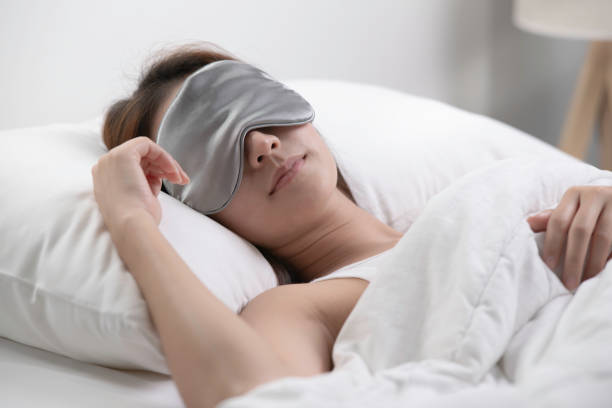Traveling often brings the thrill of new experiences and the joy of exploring unfamiliar places. However, it can also introduce challenges, especially when it comes to getting a good night's rest in a hotel. Many travellers find themselves lying awake, missing the comfort of their bed. Whether it's the unfamiliar noise, the different pillow, or the lingering jet lag, several factors can disrupt sleep far from home. In this article, we offer practical tips to help you overcome these barriers and ensure that your nights are as rejuvenating as your days are adventurous.
source: unsplash
01. Choosing the Right Room
The choice of room can greatly impact your sleep quality in a hotel. Opt for a room on a higher floor and away from noisy areas like elevators and vending machines to ensure a quiet environment.
Location Tips
Best Rooms: Middle of the hallway on the upper floors
Avoid: Rooms near exits, elevators, and noisy areas
02. Create a Sleep-Conducive Environment
Making your room conducive to sleep is crucial. Dim the lights, close the curtains to block external light, or wear a sleep mask.
Light Management
Dark Room: Use curtains or blinds
Sleep Mask: An alternative if you can't darken the room completely

source: istock
03. Manage Noise Distractions
Noise can be a major sleep disruptor. Use silicone earplugs to block out unwanted sounds for a peaceful night.
Noise Control
Earplugs: Silicone earplugs are effective and comfortable
04. Dining Choices
Eating habits affect sleep quality. Avoid heavy meals and excessive alcohol before bedtime to prevent sleep disturbances.
source: istock
Eating Right
Dinner Time: Eat at least two hours before bedtime
Alcohol Consumption: Keep it moderate
05. Familiarize Your Surroundings
A familiar-smelling room can significantly enhance comfort. Bring a linen spray or a favourite blanket from home to make the hotel room feel more like your own space.
Personal Touch
Room Scent: Bring your own fragrance or linen spray
Comfort Items: A favourite blanket can add a sense of home
06. Pillow and Temperature Preferences
Comfort can be greatly increased by using a pillow you like and setting an appropriate room temperature.
Comfort Adjustments
Pillow Comfort: Request different pillows if necessary
Room Temperature: Keep it cool, between 18°C and 20°C
07. Prepare for Sleep

source: istock
A warm shower before bed can help relax your body and signal that it's time to sleep.
Relaxation Techniques
Warm Shower: Helps relax muscles and prepare for sleep
08. Maintain Your Routine
Try to keep your sleep schedule as normal as possible to avoid disrupting your body clock.
Sleep Schedule
Consistency: Stick to your regular bedtime as closely as possible
09. Limit Device Use Before Bed
The blue light from screens can interfere with sleep. Avoid phones and other devices before bed to improve sleep quality.
Digital Detox
Avoid Screens: Replace phone use with reading a book
10. Ensure Safety
Feeling safe is essential for good sleep. Ensure that the door and windows are securely locked.
Security Measures
Locks: Double-check door latches and window locks











